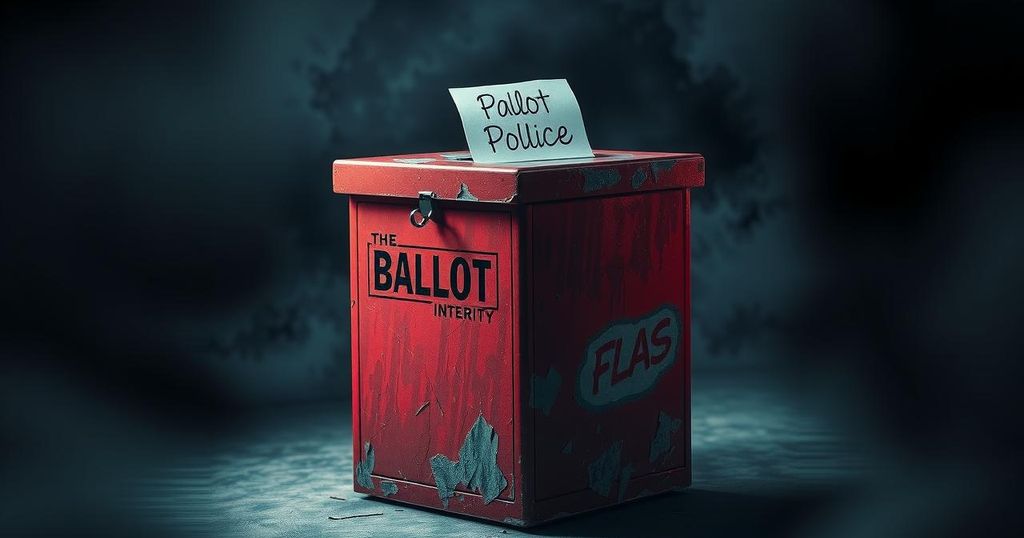The latest episode of News Central TV’s Jarisi focuses on the ongoing political conflict in Lagos State and discusses a court case concerning a young boy’s safety. The hosts reflect on the implications of political corruption for female leadership, particularly for Mojisola Miranda, the state’s first female speaker. They highlight the broader themes of governance, personal relationships, and societal issues in contemporary Nigeria.
During the latest episode of News Central TV’s Jarisi, the discussion centered on significant current events, including a notable court case involving a young boy and the political turbulence within the Lagos State House of Assembly. The hosts delved into a Yoruba proverb emphasizing the importance of personal connections in politics, setting the stage for a deeper exploration of recent developments in Lagos’ political landscape.
The dialogue transitioned to the return of Mudashiru Obasa, the ousted speaker who re-entered the Assembly amidst a contentious power struggle with current speaker Mojisola Miranda. Tolulope Adeleru-Balogun, one of the hosts, expressed sympathy for Miranda, noting that the political climate in Nigeria should not be so corrupt. Miranda recently made history as the first female speaker in Lagos State, yet the ongoing power disputes pose challenges for her leadership.
Adeleru-Balogun critiqued the actions leading to Obasa’s impeachment, suggesting that the architects of his removal failed to foresee the ensuing chaos. She lamented the burdens imposed upon Miranda since Obasa’s departure and questioned the future dynamics of the Assembly, emphasizing the uncertain fate of its leadership for the upcoming session.
In the discussion, Blessings Mosugu remarked on the historical shadiness of politics, acknowledging that legal frameworks traditionally keep such behavior in check. However, in Nigeria, where the rule of law has been weakened, this corruption persists unchecked, resulting in turmoil. Katherine Obiang observed that Adeleru-Balogun paints an ideal scenario of governance governed by law, in stark contrast to current realities.
Omotunde Adebowale expressed her anticipation for a legal resolution regarding the impeachment process, noting that any reinstatement would depend on the court’s findings. She asserted doubt about Obasa reclaiming his position until the substantive case is resolved, underscoring the complexities of political maneuvers under legal scrutiny.
Additionally, the hosts discussed the case of a 14-year-old boy whose parents returned him to Ghana from the UK due to concerns over gang affiliation. A court ruling supported the parents in this controversial decision, reflecting the challenges of asserting parental authority while safeguarding child welfare. The hosts maintained a critical yet lighthearted dialogue on contemporary social issues intertwined with prevailing political conditions.
Overall, the Jarisi episode provides multifaceted perspectives that compel viewers to examine governance and personal identity in current society. The hosts adeptly engage in a lively discussion that emphasizes the roles of networking, gender dynamics, and parental leadership, all while adhering to a tone that is critical yet accessible.
The episode sheds light on the intricate interplay of political dynamics and individual identity within Nigeria, showcasing the challenges faced by women in politics and the complexities of parental authority. The hosts’ commentary fosters a critical examination of governance, while their approach remains engaging and thoughtful. This analysis highlights the urgent need for transparency and ethical practices within the political sphere.
Original Source: newscentral.africa






